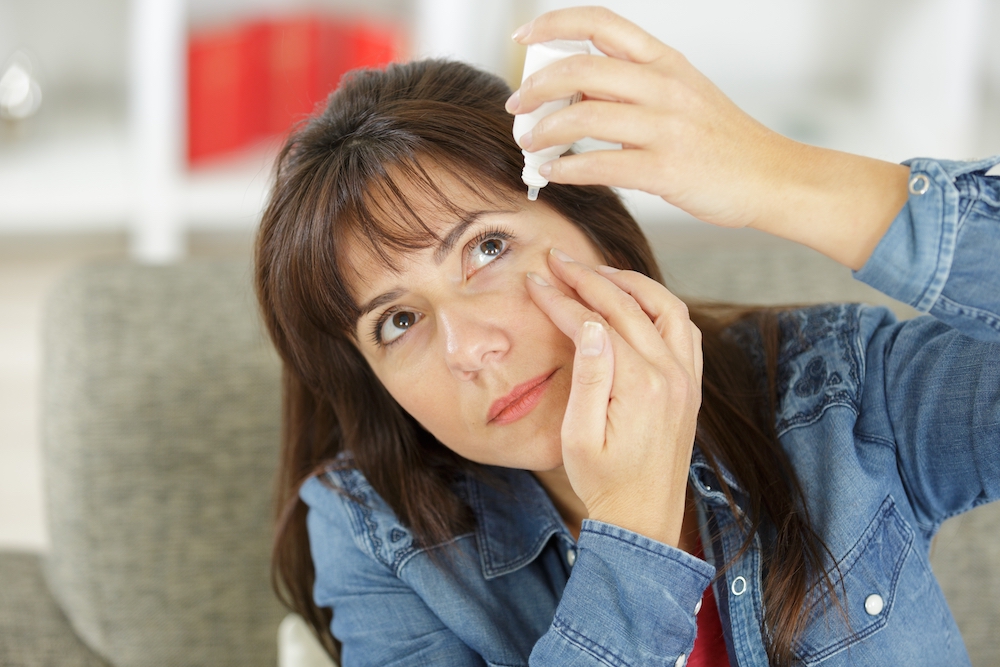
During the winter season, it is important to do everything possible to protect your health. Your skin, nails, and hair are at risk of drying out due to cold weather. Your eyes can also get seriously dry, especially if you already experience dry eye disease. It can feel like you replaced your eyes with tumbleweeds.
As the temperatures drop, it is not only extra clothing, the flu, and chapped lips that you should care about. People are more likely to experience dry eyes in winter and spring. Dry eyes often worsen during the winter as the high temperatures inside and dry, colder outside conditions cause you to dehydrate.
Causes of Itchy Eyes During Winter
This eye condition tends to be prevalent during winter. Cold air can significantly affect your eyes more than it does other body parts. Reduced moisture in the air during the winter can cause your eyes to get drier, causing them to become itchy, red, and sore. Indoor heating often also irritates your eyes as you turn up the temperature in your home to counteract the chill.
Dry Eye Symptoms
Interestingly enough, people with this condition may produce more tears to get rid of the dryness, leading to watery eyes. However, the most common symptoms of dry eyes include:
Itchiness
Blurred vision
Red, sore eyes
Sensitivity to light
Scratchy sensation
Why Dry Eyes May Worsen in the Winter
There are many reasons why symptoms of dry eyes worsen during the winter season. Some of these include:
Air Quality
During the winter season, you go from the blowing heat indoors to the bitter and harsh chill outdoors. This can cause your eyes to dry out, making you feel like there is grit in your eyes. You may also feel the urge to frequently rub your eyes.
But while it may feel good to rub your eyes, you should avoid doing so if possible. Rubbing is a fleeting solution that can cause more harm than good. Rubbing your eyes too vigorously can harm the delicate structure of your eye.
Smoke
People are more likely to burn wood to heat their homes and smoke indoors in the winter. Unfortunately, smoke can worsen the symptoms of dry eyes. If you cannot kick your smoking habit, only light up in well-ventilated areas.
Diet or Nutrition
During the winter months, many people fail to drink enough water, leading to dehydration. Thus, it is important to stay hydrated by drinking water and eating fresh veggies and fruits. This will also provide you with nutrients important for eye health.
Too Much Screen Time
As the temperatures drop, people tend to spend more time indoors. But without outdoor entertainment or activities, they often turn to television, video games, and the internet for entertainment. Unfortunately, increased screen time means more exposure to blue light on the eyes, which can worsen dry eye symptoms.
Bottom Line
Left untreated, severe dry eye can cause damage to the eye’s cornea. Fortunately, you can take certain steps to prevent your symptoms from worsening during the winter season. If your symptoms are particularly severe or do not subside, visit your eye doctor for further treatment.
To learn more about dry eyes, contact Lakhani Vision Care at our office in Marietta, Georgia. You can call 770-509-9932 today to schedule an appointment.










